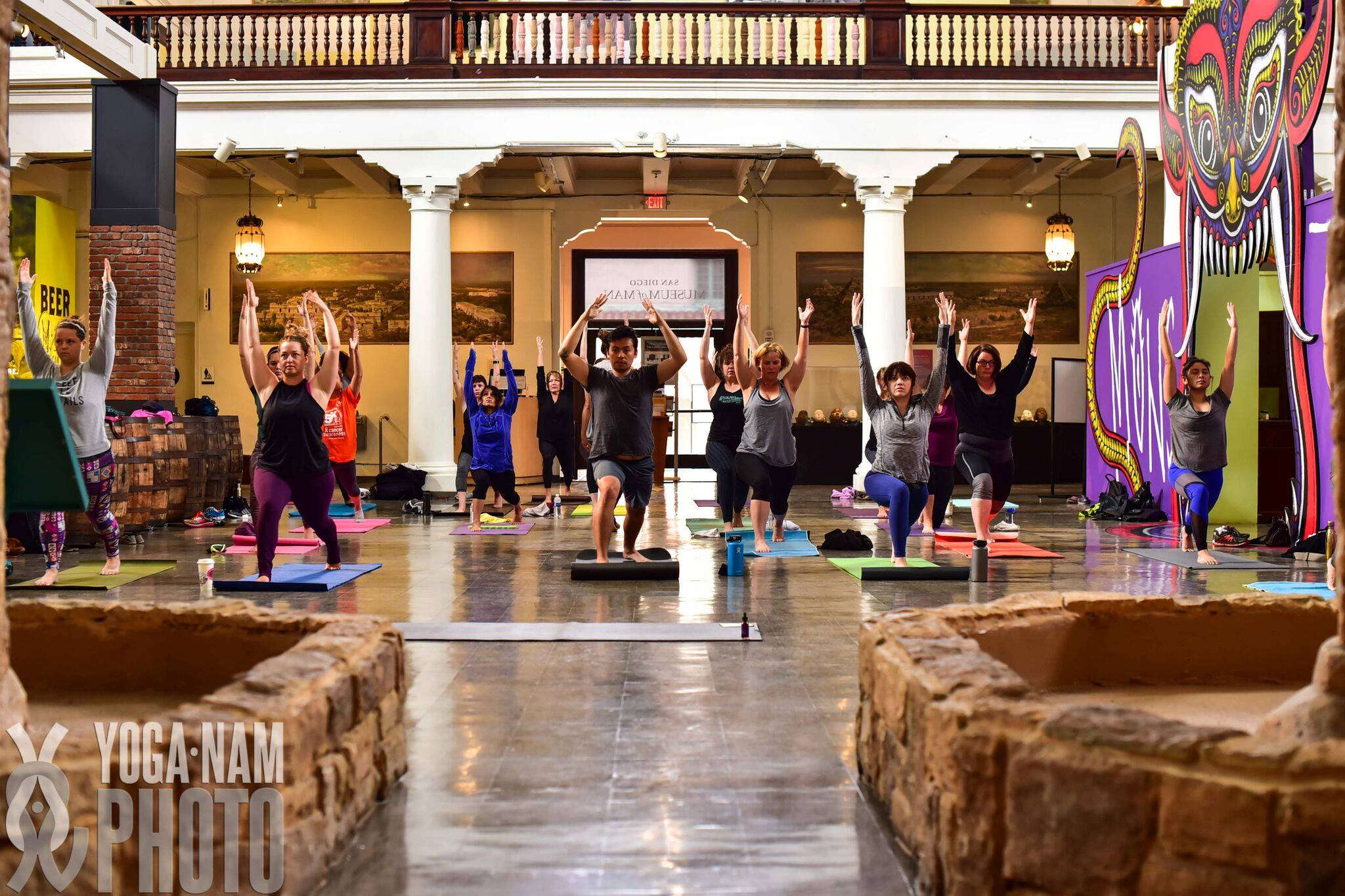Rethinking the Role a Museum Plays in its Community: San Diego Museum of Man's approach to colonization

Micah D. Parzen, chief executive officer of the San Diego Museum of Man, reflects on the practice of decolonizing as part of shifting paradigms. In an article published by the American Alliance of Museums, Parzen emphasizes a museum has a part to play in the path to healing "pain and suffering comes in the form of structural racism, colonial legacy, or other forms of oppression."
"Within the context of its root verb 'to cure'—meaning 'to restore to health, or heal'—the curatorial endeavor takes on a far more holistic hue. When viewed through this lens, we have an opportunity to rethink the very nature of our expertise and the role we play in our communities."
Parzen adds:
We recognize that many museums, including ours, emerged from the colonial endeavor and the self-righteous belief that to the victor go the spoils. The colonizers, in turn, felt entitled to extract the cultural, environmental, and human resources of the colonized. Many cultural resources ended up in museums like ours, which wasted no time in asserting their authoritative expertise not only over the “artifacts,” but also over native and Indigenous peoples themselves. This paradigm of museum as expert over the “other” has largely justified our existence for the past 100 years. The practice of decolonizing is one of shifting that paradigm. It is a process of recognizing, holding ourselves accountable for, and actively working to redress the traumatic legacy of colonialism on Black, Indigenous, and other people of color. Central to this effort is undoing systems of oppression that continue to perpetuate those traumas today.
Image: San Diego Museum of Man / Facebook
